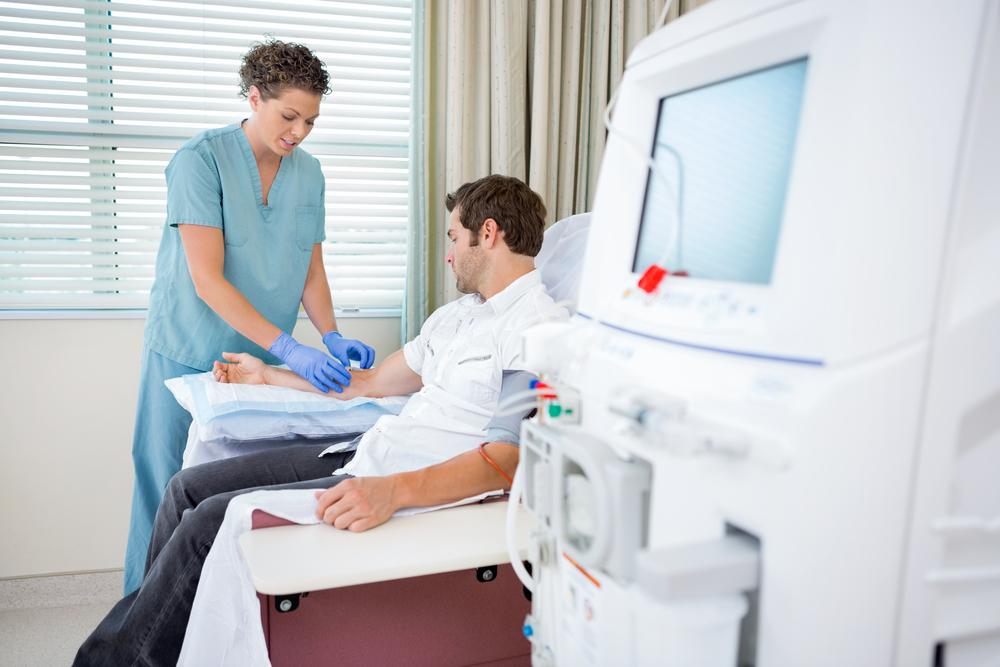Understanding the Causes and Symptoms of Kidney Cancer
This article explores the key causes and symptoms of kidney cancer, emphasizing early detection and understanding risk factors like smoking, obesity, and genetic predispositions. Recognizing signs such as blood in urine, back pain, fatigue, and weight loss can aid in early diagnosis. The content aims to educate readers about kidney cancer for better health awareness.

Understanding the Causes and Symptoms of Kidney Cancer
Malignant cell growth beyond normal limits marks the beginning of cancer. When these cells form a tumor, it can lead to serious health issues. Kidney cancer, or renal cell carcinoma, develops as abnormal cells grow within the kidney's tubules. Detecting cancerous cells early, before they spread to vital organs or lymph nodes, is crucial for effective treatment.
Several risk factors contribute to kidney cancer development, including lifestyle habits and genetic predispositions.
Common risk factors include:
Smoking significantly increases kidney cancer risk; smokers often exhibit noticeable symptoms earlier and have higher susceptibility compared to non-smokers.
Men are generally at higher risk for developing kidney cancer than women.
Obesity and weight management issues can influence hormone levels, elevating risk for this disease while presenting other symptoms.
Frequent use of certain over-the-counter medications can indirectly contribute to kidney cancer by affecting bodily systems.
A history of kidney-related health problems may predispose individuals to cancer development.
Genetic factors can disrupt normal cell growth, leading to early onset of kidney cancer.
High blood pressure, a common condition, is also linked to increased risk of kidney cancer.
Recognizing signs and symptoms of kidney cancer is essential. Typical indicators include:
Hematuria: Blood in the urine, visible during normal urination, can signal kidney issues.
Pain: Discomfort in the back or flank area may suggest tumor growth.
Fatigue: Persistent tiredness despite rest could be an early sign of the disease.
Unexplained weight loss: Losing weight rapidly without dietary changes might indicate kidney cancer.
Fever: Ongoing fever without infection hints at possible malignancy.
Anemia: A reduced red blood cell count can point to internal changes associated with kidney tumors.










